Understanding Lottery Odds: Why Winning Is Anything but Likely
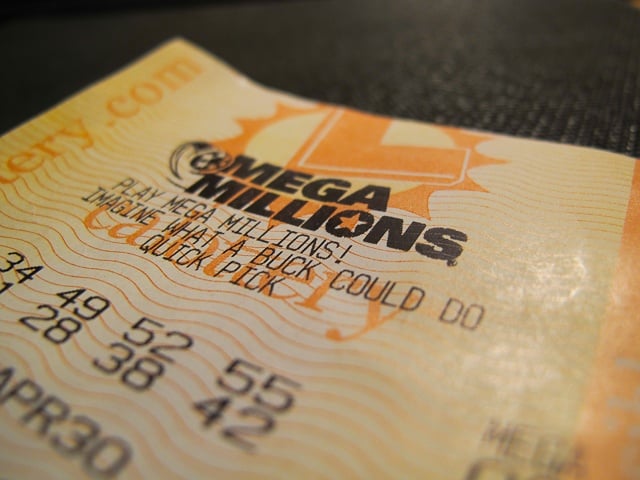
Lotteries have captivated people for generations, promising life-changing jackpots despite astronomical odds. While the allure of striking it rich remains strong, the actual probability of claiming a major lottery prize often hovers near zero. In this article, we examine how lottery odds are calculated, why they’re so low, whether you can realistically improve your chances, and the fascinating psychology that keeps millions playing despite the daunting statistics.
How Lottery Odds Are Calculated
Each lottery’s structure determines your chances of winning, with most modern lotteries designed to have incredibly high numbers of possible outcomes. In mathematical terms, the odds are a function of combinatorial probability: the ratio of winning combinations to all possible number pickings. For traditional “pick 6 from 49” lotteries, for example, every unique combination represents a chance at the grand prize, making the likelihood of winning exceedingly slim.
Let’s look at the blend of chance and numbers behind three well-known lottery formats:
Comparing Popular Lottery Odds
“6 from 49” Lottery: Odds of 1 in 13,983,816
The classic 6/49 format requires players to correctly select six numbers out of a field of 49. To win the jackpot, all six must match the drawn numbers. This setup yields 13,983,816 possible combinations-comparable to selecting one specific person from the entire population of Rwanda.
- Grand prize (6 correct): 1 in 13,983,816
- 2nd tier (5 correct): 1 in 54,201 (roughly the population of a packed stadium)
- 3rd tier (4 correct): 1 in 1,032 (akin to guessing a dictionary page at random)
Mega Millions: Odds of 1 in 302,575,350
Mega Millions ups the challenge. The draw requires choosing five numbers from 1 to 70 and one “Mega Ball” from 1 to 25. The total possible combinations? An astonishing 302,575,350-a number nearly double the kilometers from Earth to the Sun.
- Jackpot (5 white balls + Mega Ball): 1 in 302,575,350
- 2nd tier (5 white balls): 1 in 12,607,306
- 3rd tier (4 white balls + Mega Ball): 1 in 931,001
- 4th tier (4 white balls): 1 in 38,792
Powerball: Odds of 1 in 292,201,338
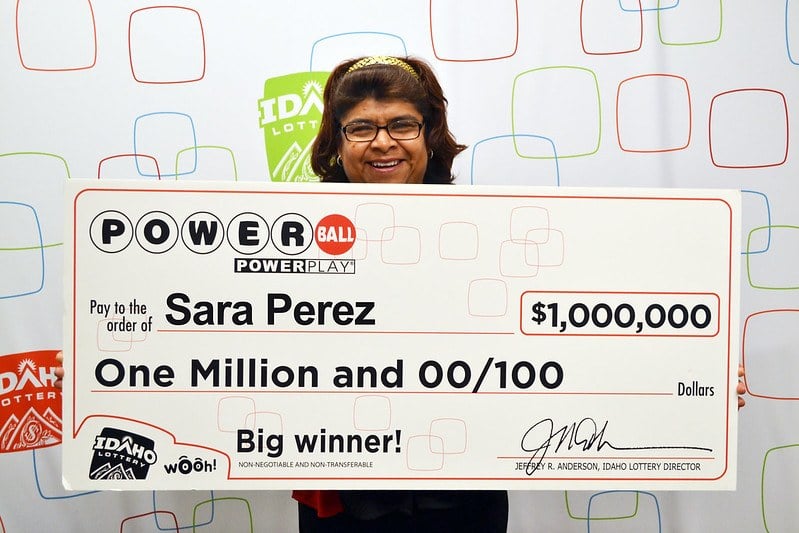
Powerball uses a similar mechanism: players pick five numbers from 1 to 69 and one red “Powerball” between 1 and 26. This system creates 292,201,338 possible combinations, rendering the odds of winning staggeringly low.
- Jackpot (all numbers correct): 1 in 292,201,338
- 2nd tier (5 white balls): 1 in 11,688,053
- 3rd tier (4 white balls + Powerball): 1 in 913,129
- 4th tier (4 white balls): 1 in 36,525
Putting Lottery Odds into Perspective
Percentages and ratios can make risk feel abstract. To better grasp the improbability of a big win, let’s compare lottery odds to those of other rare occurrences.
Lightning Strikes vs. Lottery Jackpots

According to the US National Weather Service, the odds of being struck by lightning over the course of an 80-year life are about 1 in 15,300. That makes a lightning strike roughly 19,000 times more likely than winning the Powerball jackpot with a single ticket.
Meteorite Hits vs. Lottery Wins
Tulane University estimates the odds of being struck by a meteorite during your lifetime at about 1 in 1,600,000. Once again, that’s orders of magnitude more probable than a Mega Millions win.
Shark Attacks and Airline Crashes Compared to Lottery Odds
Risking a shark attack? The statistical odds according to the International Shark Attack File are around 1 in 11.5 million. Boarding a flight? The chance of your plane crashing is estimated at 1 in 1.2 million. Both scenarios are considerably more likely than pulling off a 6/49 jackpot win, which sits at a distant 1 in 13,983,816.
These comparisons highlight how rare a major lottery success truly is-winning isn’t just unlikely, it’s mathematically on par with headline-making rare events.
Why Are Lottery Odds So Infinitesimal?
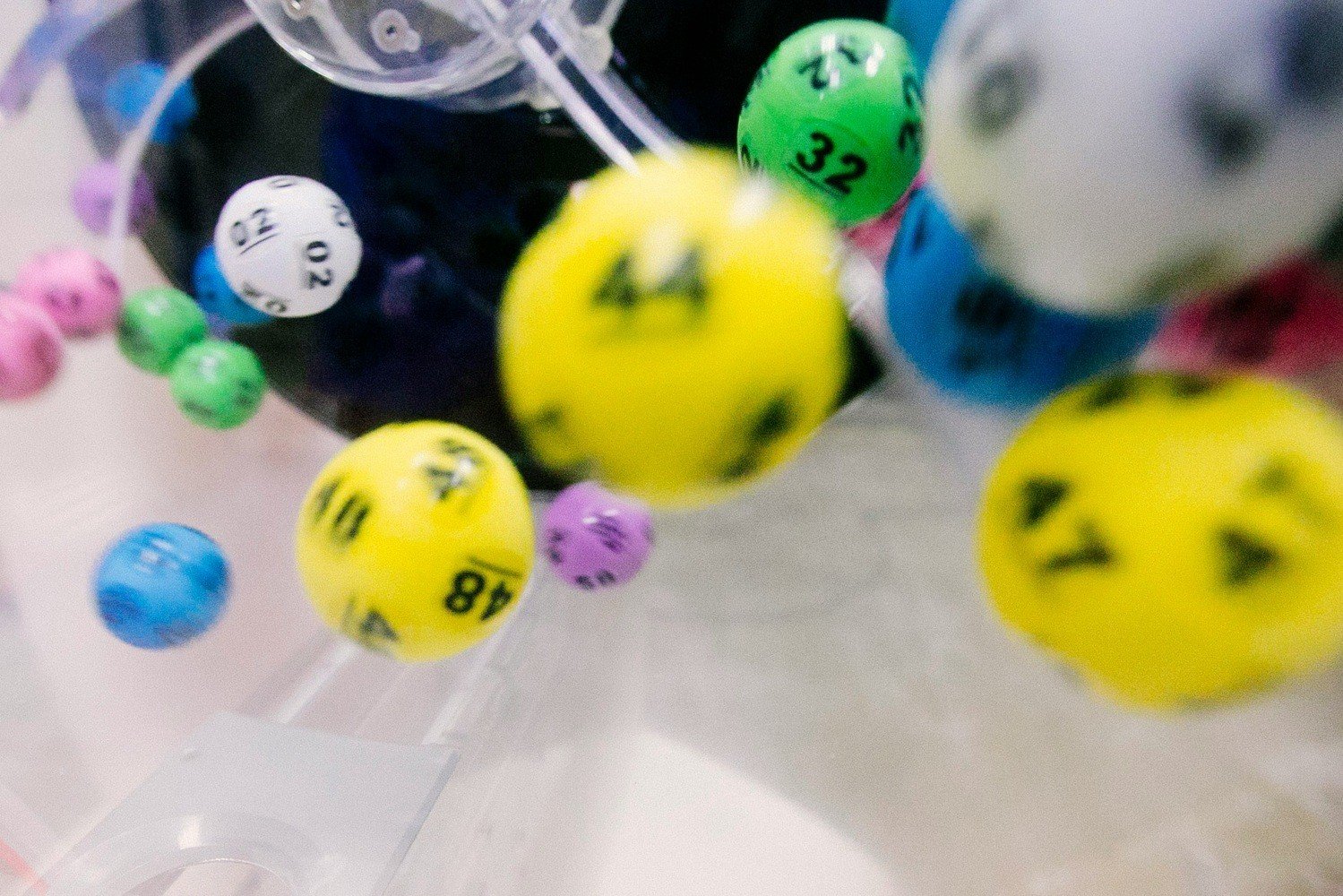
The vast number of lottery combinations comes from the exponential multiplication power of arrangements. As the number of possible draws and selections increases, the calculations escalate rapidly due to factorial mathematics. Even though the pool of numbers appears modest (typically between 40 and 70, choosing a handful per ticket), the combinatorial possibilities multiply so intensely that the odds against any single ticket are astronomical.
In short: the large number of potential combinations makes selecting the single winning one a statistical needle in a haystack.
What Are the Chances of Winning the Lottery More Than Once?
With such unlikely odds for winning once, what happens if you try to win multiple times? The probability gets even smaller, as the calculation for two wins in two draws is simply the square of the single-draw probability.
- For example: Winning the fourth-tier Powerball prize (1 in 36,525) twice in two consecutive draws is a stunning 1 in over 1.3 billion.
If you enter more draws, the odds modestly improve:
- Winning twice across 1,000 draws: about 1 in 2,778
- Two wins across 5,000 draws: about 1 in 122
- Three wins in 5,000 draws: approximately 1 in 2,700
Despite these improbabilities, a handful of players have defied expectations and won big multiple times-though luck alone wasn’t always the deciding factor, as we’ll see below.
Can You Really Improve Your Lottery Odds?
The simplest-and only statistically valid-way to improve your odds is to purchase more distinct tickets for each draw. Since each combination has an equal chance, more lines mean more chances, but each additional line only slightly improves your winning probability.
For example, in a 6/49 lottery, playing 1,000 different lines improves the odds to just 1 in 13,984. Though this is better than the base odds, it still leaves you facing an overwhelming likelihood of losing-and accumulating ticket costs can quickly become prohibitive.
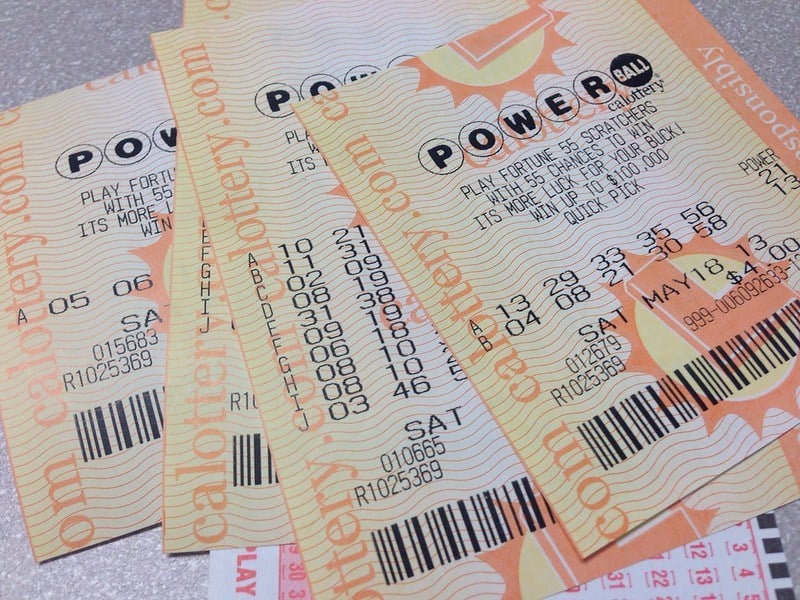
Ultimately, for most individuals, attempting to “buy better odds” by covering more combinations is too expensive and risky to be practical. Statistically, spending more doesn’t bend the rules in your favor.
Notable Exceptions: The Stefan Mandel Story
There have been notable exceptions in lottery history. Romanian mathematician Stefan Mandel orchestrated teams to buy up vast quantities of tickets across smaller lotteries, ensuring all possible combinations were covered, or at least a large enough proportion to guarantee a win. Mandel’s approach demanded heavy investments, meticulous planning, and coordination-making it far from a practical strategy for average players.
In general, pooling resources in a group (a lottery syndicate) is the only way for regular players to share investment and risk, though the rewards also get divided. Even then, the house always retains its edge, and risk persists.
The Truth About “Lucky” Numbers and Surprising Draws
Many players choose numbers meaningful to them, such as birth dates or other personal anniversaries, believing these “lucky” numbers give them an edge. Others avoid certain patterns-like consecutive numbers-assuming such draws are unlikely, even though every combination is equally probable.
Unusual outcomes, like the 2022 Virginia Lottery’s consecutive-number sequence (13, 14, 15, 16, 17, 18, 19), sometimes grab headlines. While this looks extraordinary to most, mathematically, every set of numbers shares the exact same odds. Choosing unique or unconventional number lines can sometimes mean a larger share of the prize pool if you win, simply because fewer people choose those sequences.
In the end, the apparent randomness of the lottery means there is no effective “system” to predict or guarantee wins-beyond simple probability.
Psychology of Lottery Play: Why Do People Keep Playing?
Given the tiny odds, why do millions play the lottery every week? The answer lies in human psychology-specifically, common mental biases and emotional motivations.
- Availability bias: Stories of big winners are widely publicized, making the event feel more attainable. Seeing a winner’s photo prompts players to think, “Why not me?”
- Hope and optimism: The tantalizing dream of a massive windfall-even if irrational-motivates continued spending on tickets.
- Illusion of control: Some believe their choices or rituals increase their odds.
- Sunk cost and social trap: Players reason, “I can’t stop now-I’m bound to win eventually!”
- Justification and entertainment: Low ticket prices and the idea that proceeds support public causes help rationalize the purchase. Many simply enjoy imagining life as a winner, finding entertainment in the process regardless of outcome.
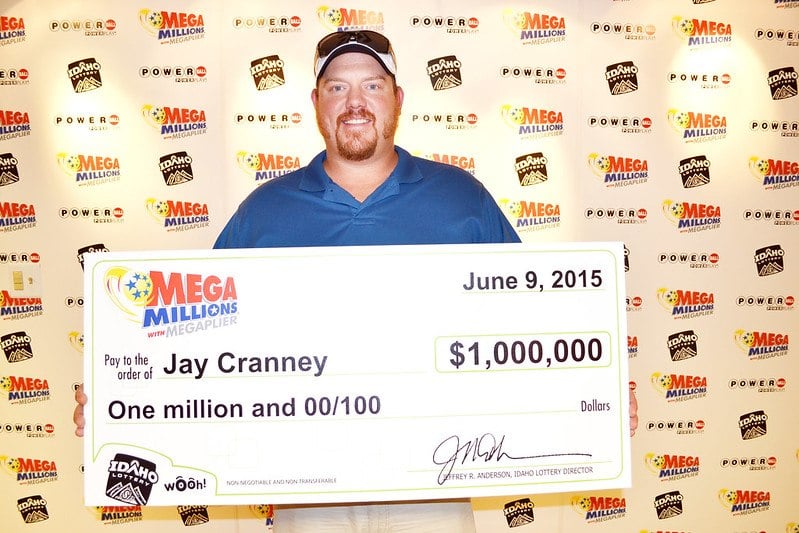
Interestingly, psychological studies show that anticipation of the draw can even boost players’ happiness ahead of the result-winning, in other words, isn’t the only reward people seek.
Conclusion: Facing the Reality of Lottery Odds
The thrill of the lottery endures, despite odds that defy practical hope. While the dream of sudden wealth can be entertaining and even briefly uplifting, responsible play is crucial. The math is clear: nearly everyone loses, and the games are designed to ensure it. If you play the lottery, do so for fun, not as a financial strategy-and quit when the excitement fades.
For more explorations into gambling, probability, and gaming psychology, browse related articles exploring how winners cope and further tips for responsible gambling decisions.
Lead image credit: Vic/Flickr, CC BY-NC-ND 2.0













